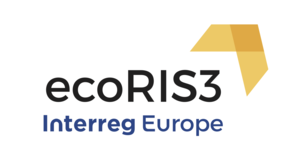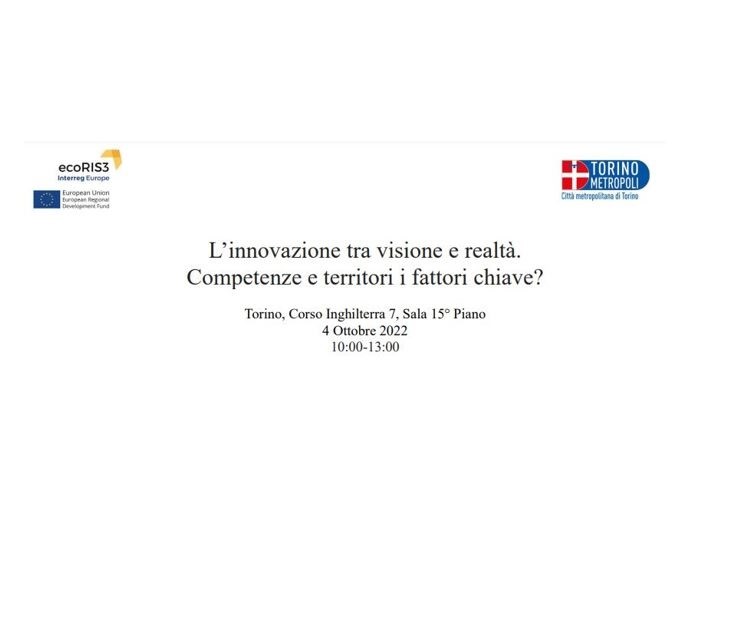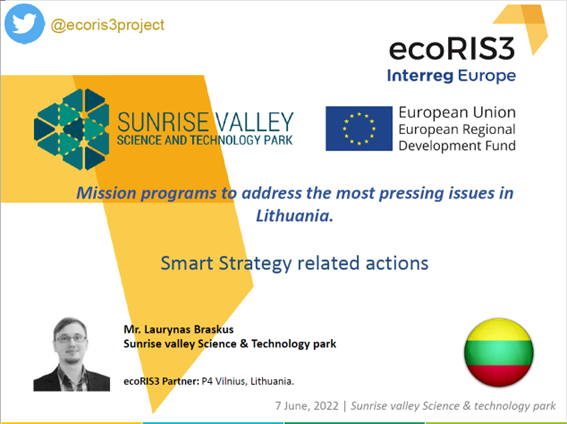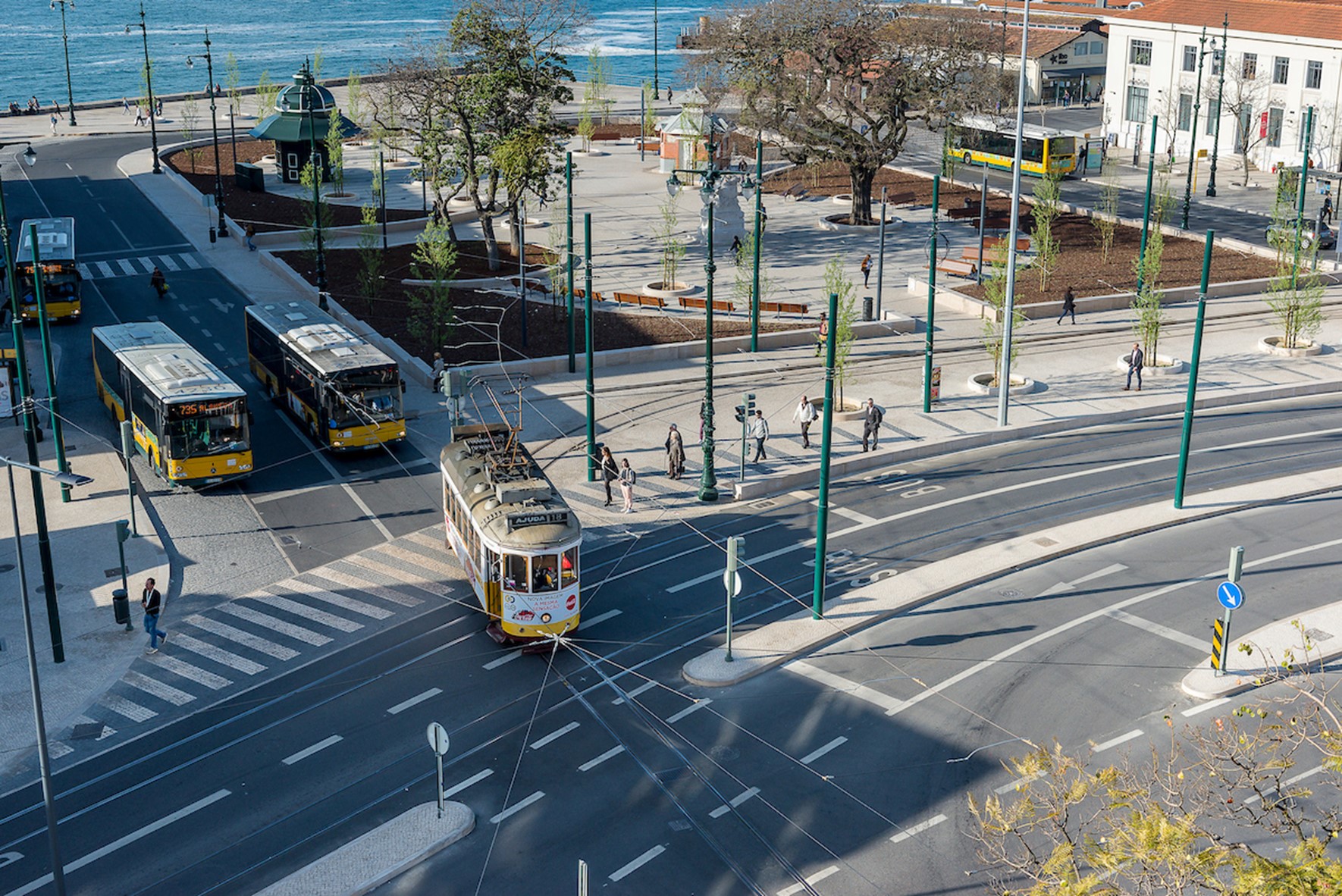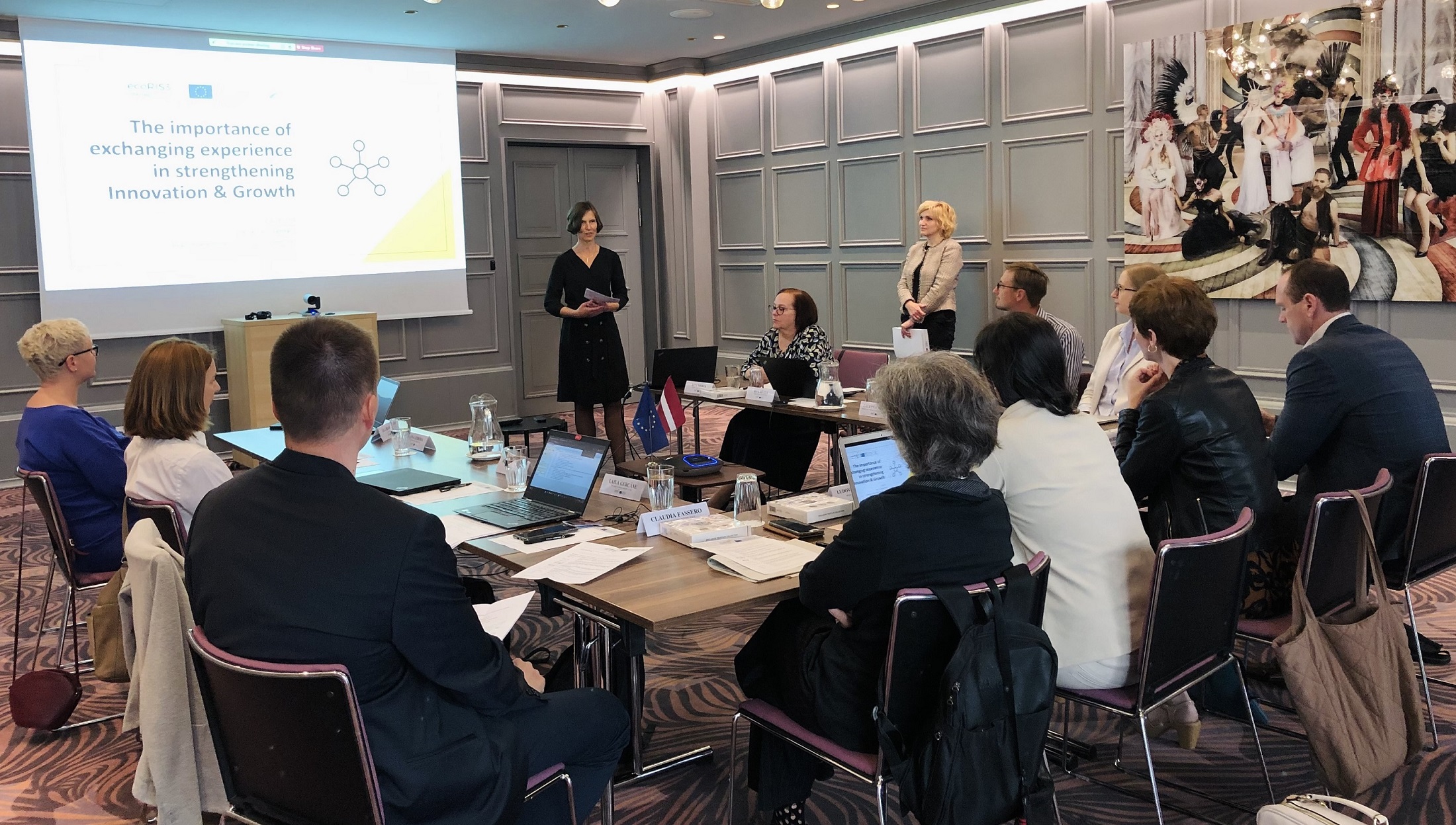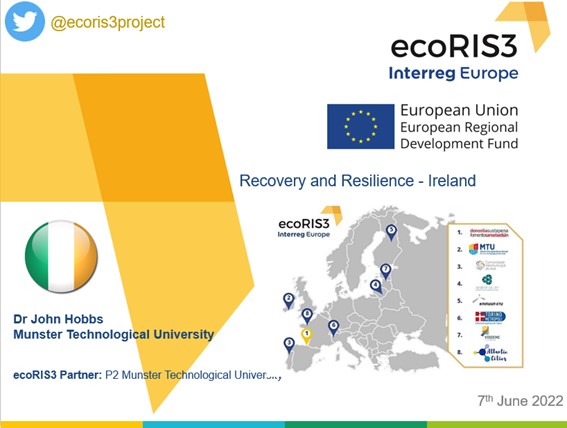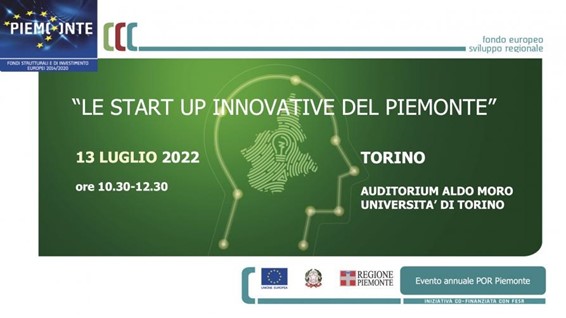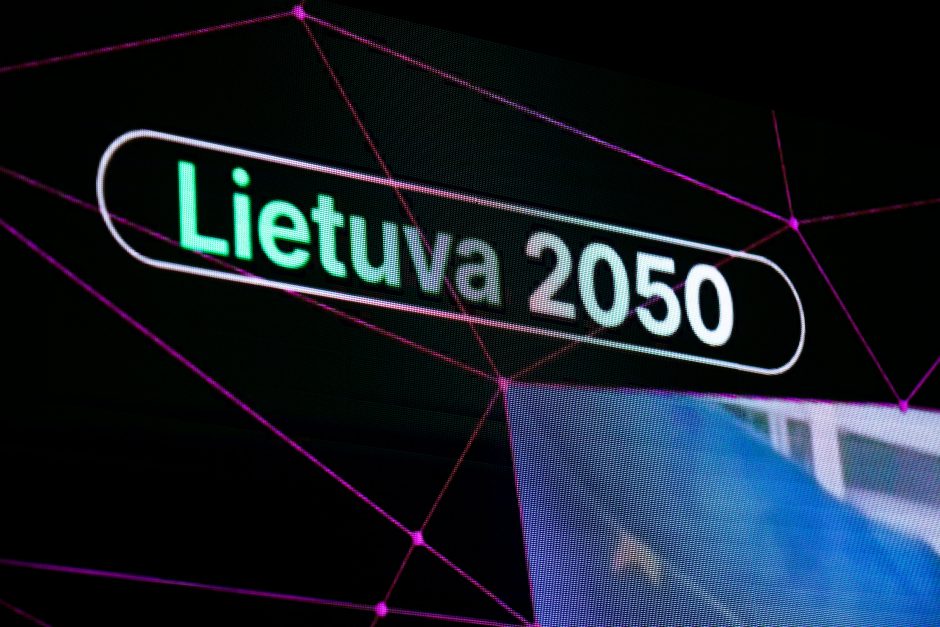Community initiative to roll-out micro computer for every kid in Lithuania is moving towards an ambitious goal. The organisers want to donate the BBC micro:bit computers to all 5th grade Lithuanian kid. The aim is to awaken children's desire to be interested in technology and technical creativity.
"We are glad that this idea of computers has united the whole of Lithuania and actively involved both business organizations and people, who care about the children's potential to be prepared for tomorrow's challenges. Being in the final straight, we will finish with a national competition. Kids would be able to liberate their creativity and to show what they have learned and to win great prizes ", - says Viltautė Žvirzanaite, Project Manager for “Computers for Kids” project.

It is expected that this project will provide more opportunities for the children of all regions to be creative in technology to learn programming, logic, robotics, and many other skills needed nowadays. At present, information technology is one of the most promising branches not only in Lithuania, but also in the whole world. BBC micro:bit computers can be programmed very simply as they were specifically designed for children and their skills, so they can easily take part in the creativity and technology world.

The same type of project was first introduced in the United Kingdom and specially developed BBC micro:bit has been a huge success so far. Each year, up to 1 million such computers are distributed to students in the country (www.microbit.org). The BBC micro:bit is a pocket-sized codeable computer with motion detection, a built-in compass and bluetooth technology. It measures 4cm by 5cm, is available in a range of colours, and designed to be fun and easy to use. It can be coded with something simple in seconds – like lighting up its LEDs or displaying a pattern – with no prior knowledge of computing. It also connects to other devices, sensors, kits and objects, and is a companion to Arduino, Galileo, Kano, littleBits and Raspberry Pi, acting as a spring board to more complex learning.
The "Computers for Kids" project promoters say that the roll-out campaign in Lithuania is doing great. It been supported by over 50 volunteers from the University of Vilnius (Faculty of Mathematics and Informatics, MIF) and Unity Technologies, Barclays Group Operations Limited and the Academy of Robotics with training for children and their teachers. Mr. Povilas Poderskis, Director of the Vilnius Municipality administration and Head of "Computers for Kids” foundation, said that “the goal is to provide almost 27,000 microcontrollers of BBC micro: bit. At the moment, "Computers for Kids" roll-out is approaching to 70% of its goal”.
From now on, all kids of the 5th grade class are invited to participate in the national competition. The aim of competition is to create and demonstrate an intelligent solution with micro:bits that matches one of three categories (Lithuanian century, a helper in the school, a helper in sports or other everyday areas). The three best-performing solutions in each category will be also able to present their projects for special jury and win attractive prizes from official partner of the project "Bitė Lietuva". More information about the competition can be found at http://www.kompiuteriukai.lt/konkursas/
The project itself sounds very festinating when teachers are willing to contribute and participate with kids as well, both in lessons and teams, and after them. Here is an example of Mr. Linas Vaitiekėnas – a music teacher from Utena Vyturys secondary school, who also has a computer engineer education, decided to equip staircases with music at school! The every separate stairs has different music notes which are controlled by the micro:bit controller and by stepping the stairs at school you get the random sound of music. He had also helped to organise the “Fashions of micro:bit” contest which was designed to create a nice “box” for your own micro computer.
